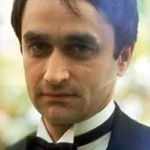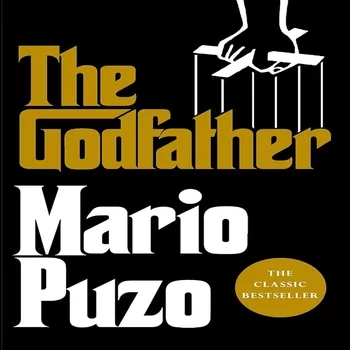Fredo "Freddie" Corleone

Frederico “Fredo” Corleone plays a crucial role in Mario Puzo’s renowned novel, “The Godfather.” He is portrayed as the second son of Don Vito Corleone, the powerful head of a prominent Mafia family. As the second oldest of Vito’s four children, Fredo holds a distinct place in the family structure, being the younger brother of the fiery Sonny Corleone and the older brother of the shrewd Michael Corleone, as well as the sibling of the spirited Connie Corleone. This family dynamic lays the groundwork for Fredo’s intricate relationships and his quest for recognition within the influential Corleone clan. Often feeling overshadowed by his more dominant brothers, particularly Sonny, whose boldness and leadership qualities earn him their father’s admiration and the respect of the family’s associates, Fredo grapples with his identity. Meanwhile, Michael, the youngest, possesses a keen intellect and strategic acumen that ultimately positions him as the likely successor to the family legacy. Fredo’s ongoing struggle for identity and validation within this hierarchy is a central theme, as he wrestles with feelings of inadequacy and a longing to prove himself deserving of his father’s love and respect.
In the film adaptations directed by Francis Ford Coppola, Fredo is portrayed by the talented Italian-American actor John Cazale, who effectively embodies the character in both “The Godfather” and its sequel, “The Godfather Part II.” Cazale’s performance adds depth to Fredo, highlighting his vulnerabilities and the burden of his perceived shortcomings. The films emphasize Fredo’s internal struggles and the emotional distress stemming from his yearning for approval and respect, which often eludes him in the shadow of his more assertive brothers. Cazale’s nuanced portrayal allows viewers to empathize with Fredo, revealing the complexities of his character that extend beyond mere incompetence. His interactions with other characters, especially Michael, highlight the tension inherent in familial loyalty.
Showing the single result


